Pentagon chief arrives in Kiev on surprise visit to Ukraine amid Russian gains
US Secretary of Defense Lloyd Austin has arrived in Kiev in a show of support for Ukraine, as Russia continues to make steady gains on the battlefield.
The Pentagon chief's surprise visit to Kiev on Monday takes place just two weeks ahead of the US presidential election that is casting uncertainty over the future of Western support for the war against Russia.
This is Pentagon chief's fourth visit to Ukraine under US President Joe Biden who is serving his final months in office.
A major summit of the leaders of allied countries, which was scheduled for this month in Ramstein, Germany, was canceled amid waning support for Kiev.
The Pentagon chief's visit is not expected to include any new US agreement to some of Ukrainian President Volodymyr Zelensky's repeated requests, including lifting a US ban on the use of weapons supplied by Americans to strike targets way inside Russian territory.
Austin, however, claimed the US support for the war against Russia would be continued.
"We're going to continue to support Ukraine in its efforts to defend its sovereign territory," Austin said to reporters traveling with him to Kiev.
"We've watched this fight evolve over time. And each time that it does evolve, we have risen to the occasion to meet (Ukraine's) needs to make sure that they were effective on the battlefield."
Austin's visit comes ahead of the presidential vote slated on Nov. 5. in which former US President Donald Trump, the Republican candidate, is seeking re-election in a close race against Vice President Kamala Harris, the Democratic candidate.
The Republican candidate has announced his opposition to the continued US support for Kiev. However, the Pentagon chief dismissed Kiev's concerns in this regard.
"I've seen bipartisan support for Ukraine over the last 2-1/2 years, and I fully expect that we'll continue to see the bipartisan support from Congress," he said.
Despite the Russian troops' continued advances on the frontline, the Pentagon chief is expected to only advise Ukraine on how its troops can shore up their defenses with the arms and ammunition already supplied by the West.
Meanwhile, Russian troops are gradually surrounding towns in the Donetsk region and then slowly forcing the Ukrainian units stationed there to withdraw.
Moscow ordered the special operation in Ukraine’s Donbas in February 2022 after several years of failed negotiations to resolve the Ukraine crisis.
Since then, the West has been backing Ukraine with vast diplomatic and financial support, providing Kiev forces with huge shipments of arms and munitions despite repeated warnings by the Kremlin that pursuing such a policy would only prolong the war.
VIDEO | Press TV's news headlines
Report: Epstein account remained active after death, lists Israeli ex-military figure among contacts
VIDEO | Choosing to stay: Palestinian-Americans building life at home
FM questions ‘narrative’ pushed by Israeli-American Trump donor’s outlet ahead of Netanyahu visit
US lawmaker blasts attorney general for ‘lying under oath’ over handling of Epstein probe
Iran received no concrete US proposal in Oman talks: Security chief
Nouri al-Maliki defends Hashd al-Shaabi as inseparable part of Iraqi security system
British PM Keir Starmer faces calls to resign


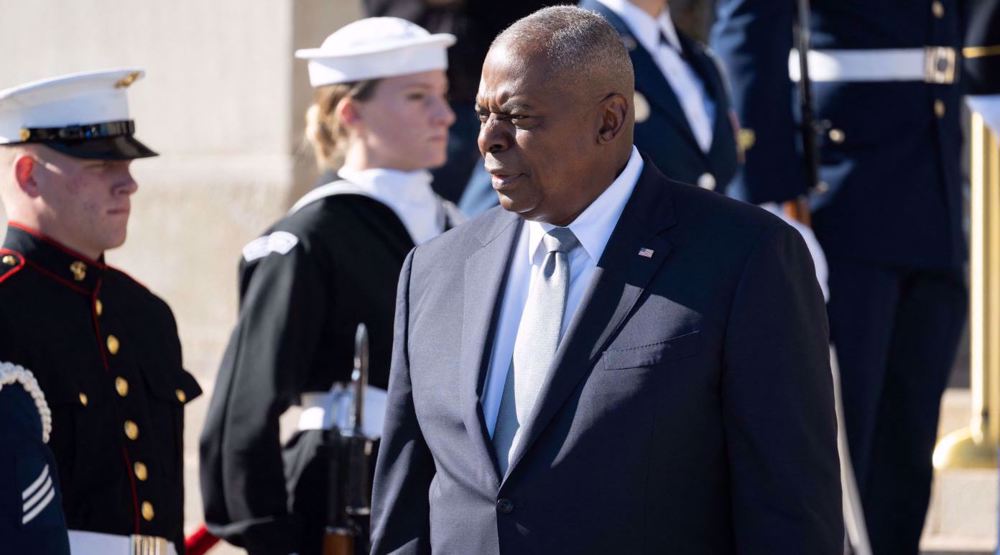
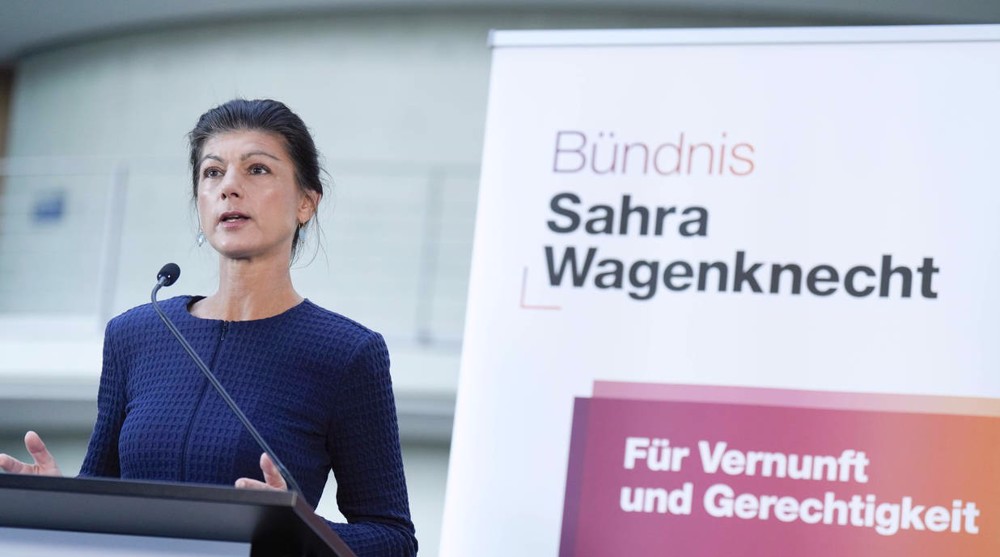
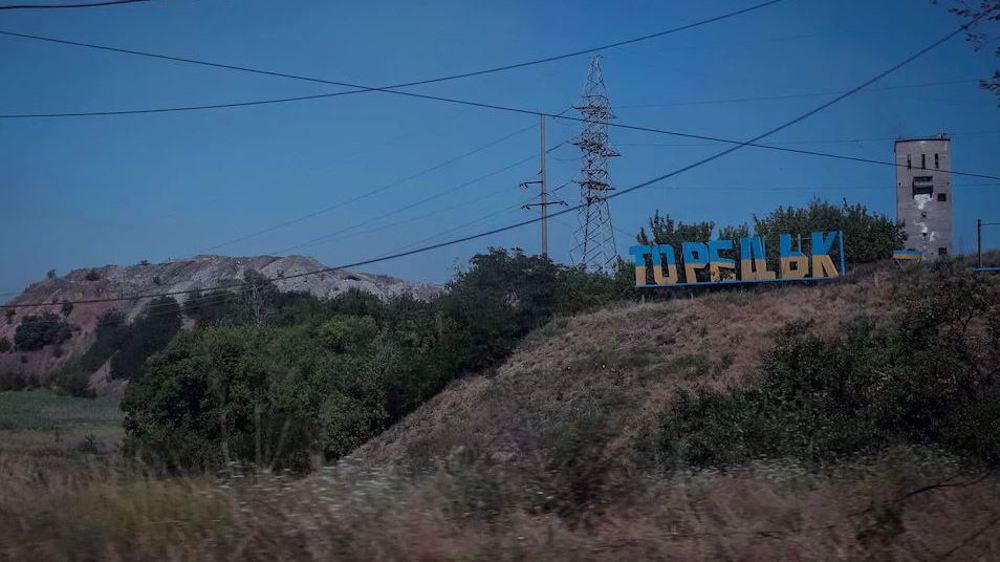
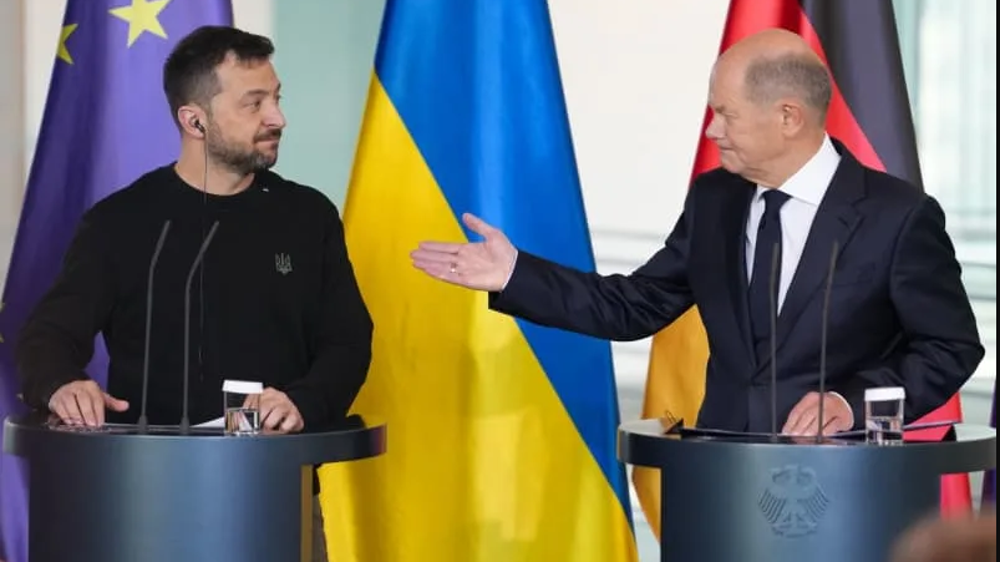
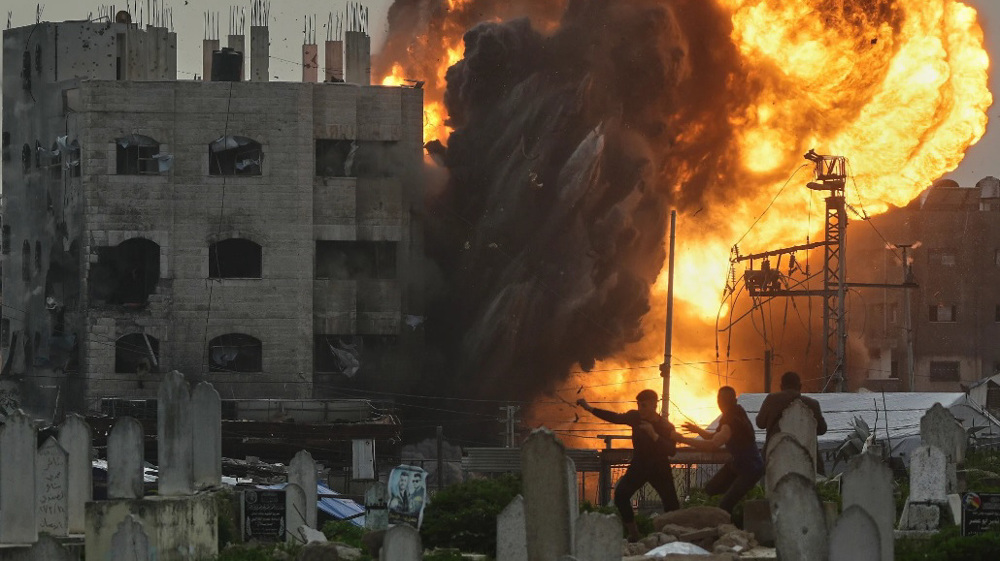
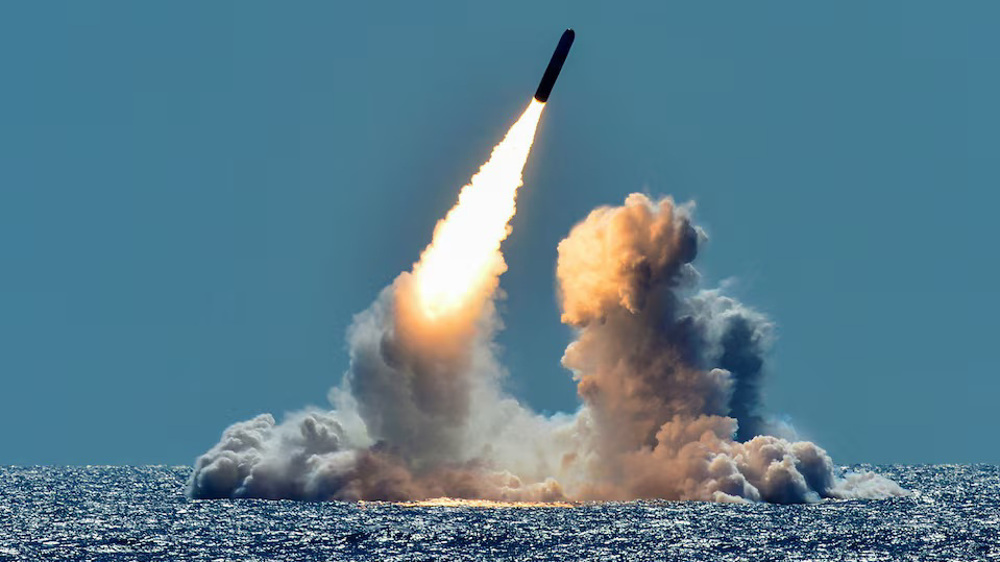
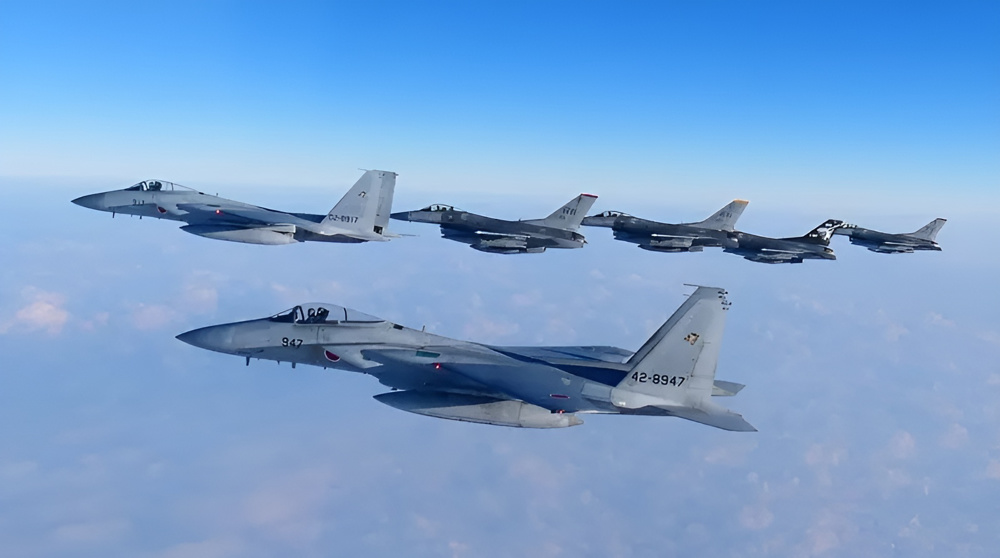



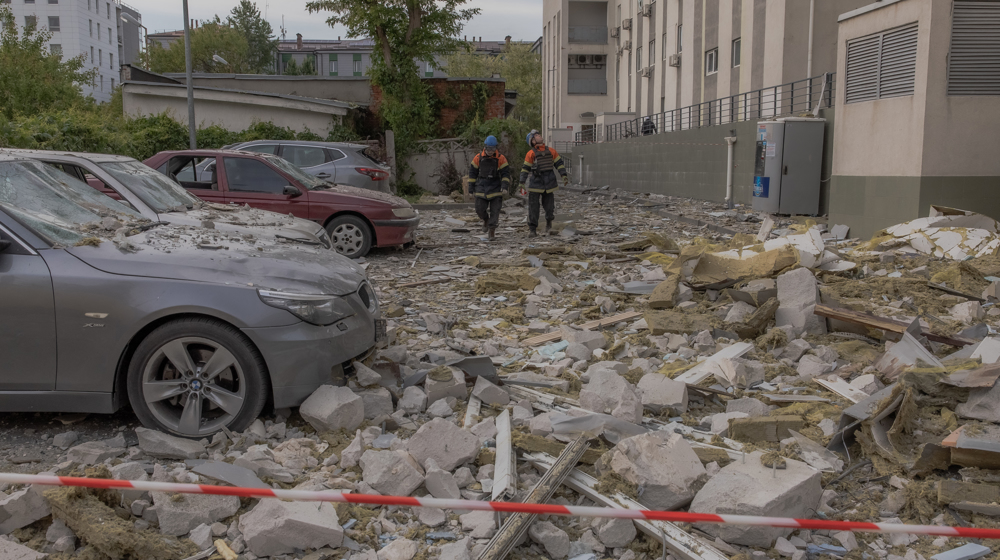
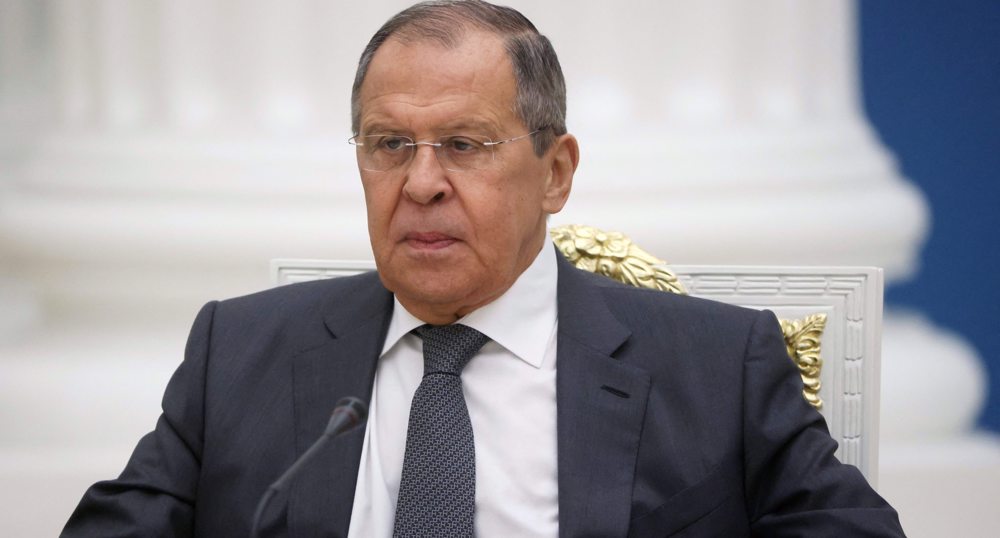
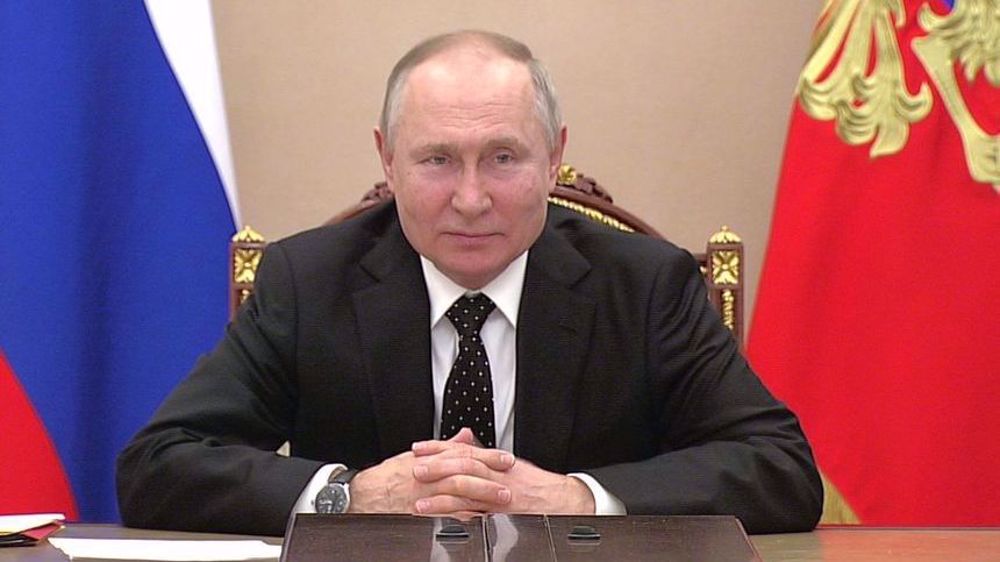

 This makes it easy to access the Press TV website
This makes it easy to access the Press TV website